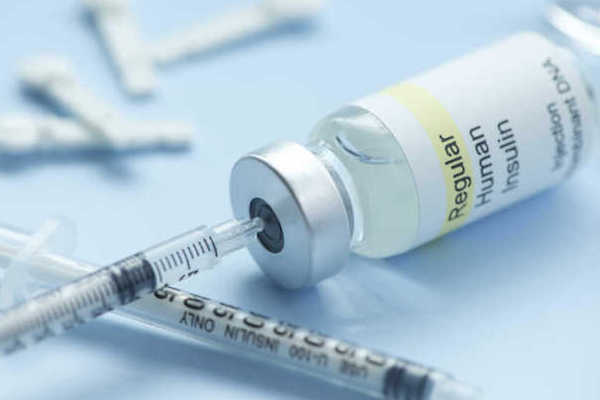Despite successful percutaneous coronary intervention (PCI), symptomatic patients without residual ischemia improved more than those with it, new one-year results of the DEFINE-PCI study suggest.
“Recurrent angina after successful PCI is common, occurring in ~20% of patients,” the authors wrote in an abstract, reporting the findings at Transcatheter Cardiovascular Therapeutics (TCT) 2020. “In the DEFINE PCI study the presence of residual ischemia after angiographically successful PCI was examined with a blinded iFR pullback. The clinical and symptom-related outcomes associated with residual ischemia from this study have not been previously reported.”
The researchers enrolled 500 patients from 28 clinical sites in the prospective, observational study. Blinded iFR pullback was performed following angiographically successful PCI procedures in the study population. Patients were evaluated afterwards with the Seattle Angina Questionnaire Angina Frequency score. The primary study outcome of interest was the rate of residual ischemia (defined as iFR <0.90 after operator-assessed angiographically successful PCI).
According to the results, 24.0% had residual ischemia (iFR <0.90) following successful PCI, mostly attributable to angiographically inapparent focal lesions. Baseline SAQ-AF increased by 10 or more points at one year in 63.1% of patients who had post-PCI iFR below 0.90 vs. 7.1% in those above 0.90, although the difference was not statistically significant. The most symptomatic patients at baseline increased 10 or more points more frequently when they didn’t have residual ischemic compared to when the patient did have residual ischemia (P=0.01). Post-PCI iFR was linked with significant reduction in cardiac death, spontaneous myocardial infarction, or clinically driven target vessel revascularization when compared with post-PCI iFR lower than 0.95.
“In DEFINE-PCI, despite angiographically successful PCI, pts who were highly symptomatic at baseline without residual ischemia by post-PCI iFR tended to have greater improvements in anginal symptoms at 12 months compared with pts with residual ischemia,” the researchers said in their presentation. “A post-PCI iFR ≥0.95 was associated with less cardiac death, spontaneous MI, or clinically-driven TVR compared with a post-PCI iFR <0.95. The clinical effectiveness of iFR guidance to identify and eliminate post-PCI ischemia will be studied in the prospective randomized DEFINE-GPS trial.”
–
Patel M. 1-Year Outcomes of Patients with Residual Physiologic Ischemia After Percutaneous Coronary Intervention: The DEFINE PCI Trial. Presented at TCT 2020.
Credit: Original article published here.










